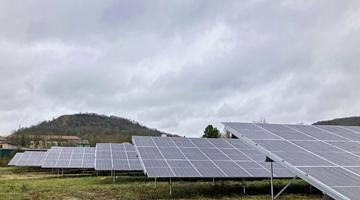Empowering Community-led Initiatives
A level-playing field between all actors on the renewable energy market is instrumental. To share in the local value creation from renewables development, market actors with less administrative and financial capacities (e.g. citizen and renewable energy community-led initiatives) need special support to allow them to develop their own projects and to access the grid on an equal footing with professional actors.
We highlight the importance of
- Ensuring that enabling processes such as structures, processes, mechanisms and enabling regulations are in place to enable local consumers to connect to and use the local distribution grid to produce, self-consume, share and collectively supply themselves with locally produced renewable energy, so that they can benefit from stable and affordable access to renewable energy, particularly during times of high and volatile market prices. In particular, this requires sufficient investment in power grids to cope with changing grid usage patterns, increased electricity demand and decentralised generation.
- Ensuring that distribution system operators (DSOs) facilitate a level-playing field for community-led initiatives when providing access to the grid including in applicable connection queue regulation. This can e.g. include reservation of available grid capacity, reserving space in tender procedures for opening new grid capacity and/or providing for flexible connection agreements.
- Creating space in tenders, auctions and public procurement to allocate room and/or remunerate projects developed by renewable energy communities. This can be coupled with e.g. providing information, technical and financial support, reducing administrative requirements, including community-focused bidding criteria, creating tailored bidding windows, and exemptions for renewable energy communities. This should be supported through appropriate national legal frameworks and capacity building.
- Ensuring that citizens and local authorities have adequate awareness on the added value of local ownership, as well as access to finance and expertise in order to realise their own community-led initiatives, for instance through one-stop shops.


